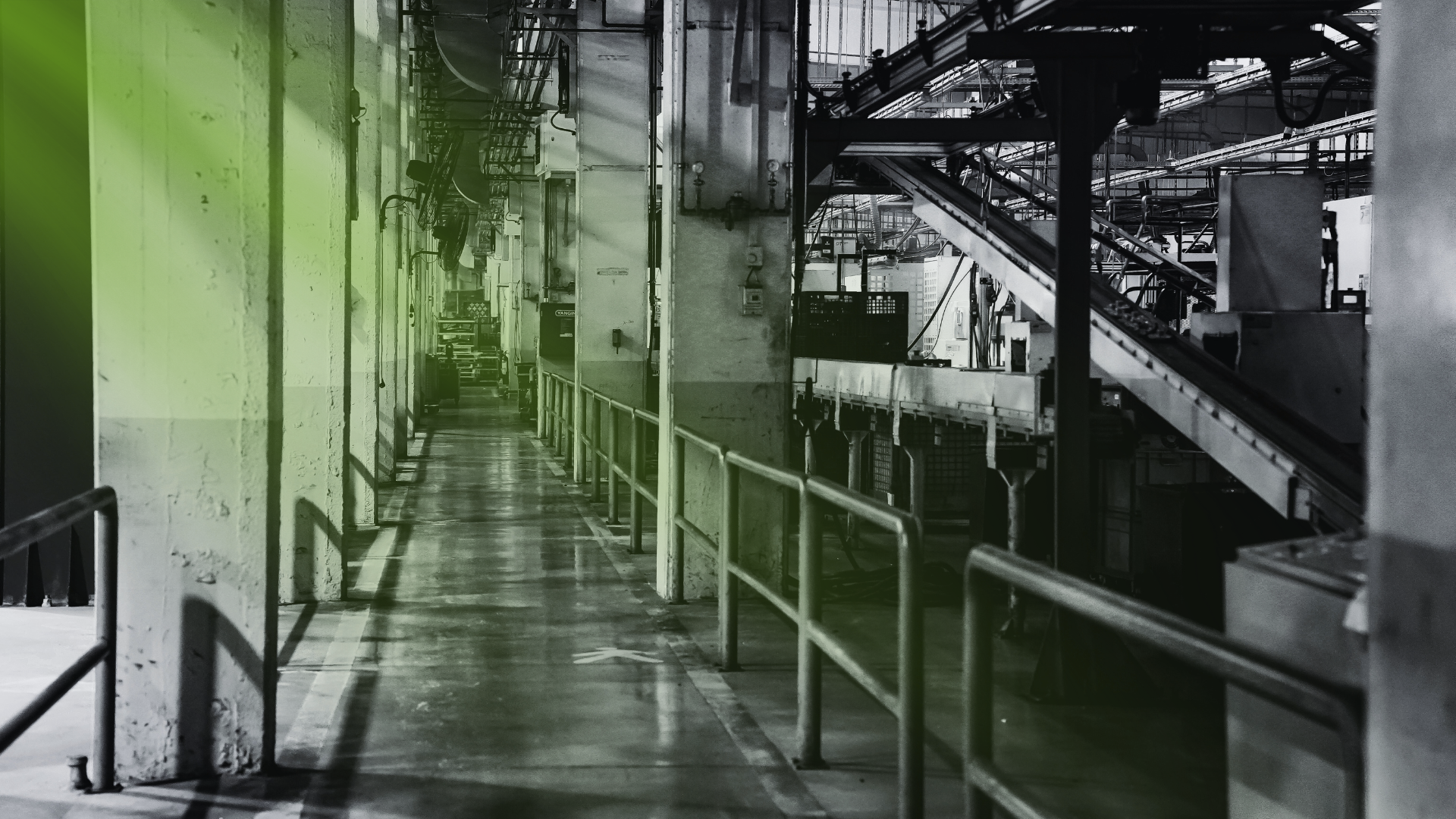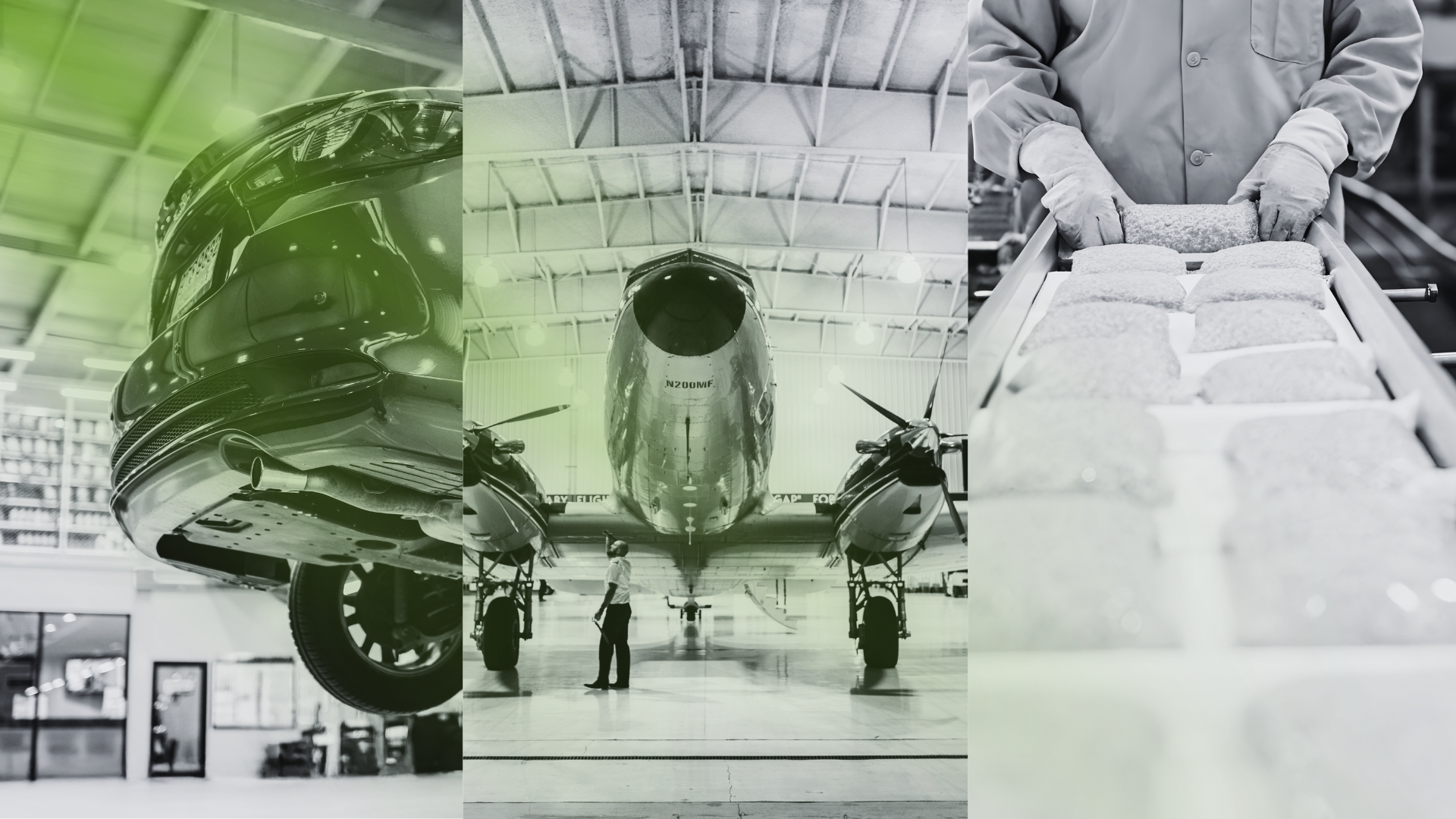In sectors like automotive, aerospace, and FMCG, pressure, complexity, and rapid change are part of the DNA. As organisations race to innovate, reduce costs, and deliver at speed, the mental wellbeing of mid and senior professionals is often overlooked. Yet today, World Mental Health Day, offers a timely reminder: your leadership, HR function, and organisational culture can either amplify stress or actively support resilience.
Why mental health matters at mid-to-senior levels
Hidden pressures escalate
By mid-level and senior roles, professionals often carry multiple responsibilities: operational goals, strategic direction, stakeholder management, and people leadership. That layering of expectations can intensify stress, especially when industries demand tight margins, regulatory compliance, or rapid innovation.
Impact on performance, retention, reputation
Poor mental health contributes to reduced focus, decision fatigue, burnout, disengagement, and increased turnover. In sectors where technical expertise and niche experience matter, losing a key leader due to stress is costly, both in talent and reputation.
The trickle-down effect
When senior staff struggle silently, it can normalise overwork, long hours and emotional withdrawal in teams beneath them. Leaders set the tone: if they don’t model balance or openness, others feel pressured to hide vulnerability.
Talent attraction and employer brand
Top-tier candidates now evaluate organisations not just by salary or product, but culture, wellbeing support, and holistic leadership. Demonstrating mental health awareness can set you apart in talent markets for engineering, operations, supply chain, quality, and commercial roles.
Key challenges in automotive, aerospace & FMCG
- High safety / compliance demands: Mistakes can have serious technical, regulatory or financial consequences. The margin for error is narrow.
- Supply chain volatility & external shocks: Whether raw material price swings, global disruptions, or regulation changes, leadership must respond fast.
- Engineering and technical complexity: Decision-making often requires deep technical judgment under uncertainty.
- Intense timelines: Time to market, product cycles, and continuous improvement pressures create relentless pace.
- Cross-functional conflict: Bridging R&D, manufacturing, quality, procurement, and commercial functions often involves conflict, ambiguity and competing priorities.
These stressors are structural, so mental health must not be an afterthought but an integral component of leadership and HR strategy.
How mid-level and senior professionals can take ownership
While leadership and HR must set the tone, individuals also play an active role. Here are self-led steps professionals can adopt (and model for their teams):
- Self-awareness & early signal recognition
Watch for irritability, sleep disruption, concentration slips, cynicism. Spot these early. - Boundaries & micro-breaks
Even in high-pressure roles, schedule micro rest breaks, walking meetings, “no-meeting” windows. - Delegate & empower
Resist doing everything yourself. Trust your team and develop them. Use downward delegation to free up mental bandwidth. - Seeking external support
Use coaching, counselling, peer networks, or mentors. There’s no weakness in acknowledging we can’t do it all. - Physical health & rituals
Exercise, sleep hygiene, nutrition, these are foundational to mental resilience. - Reflective pauses
Use journaling, retrospective meetings, or short mental “checkpoints” midweek to recalibrate.
On World Mental Health Day, committing to one new initiative, whether a senior “we’re listening” session, launching peer support groups, or protecting time in diaries, is a powerful signal. But more importantly, long-term change requires consistency, measurement and leadership buy-in.
If you are an HR leader or business head in automotive, aerospace or FMCG, now is the moment to embed mental wellbeing into your leadership and talent strategy. And if you lead or manage mid-to-senior professionals, modelling vulnerability and balance can unlock more sustainable performance.
Where to Find Support
If you or someone in your team needs help, these trusted resources offer free and confidential support:
- Mind – www.mind.org.uk
Practical support, helplines, and resources for managing workplace stress and mental health. - Samaritans – Call 116 123 (free, 24/7) or visit www.samaritans.org
For anyone who’s struggling to cope or just needs to talk. - Mental Health at Work (Mind & CIPD initiative) – www.mentalhealthatwork.org.uk
A hub of tools, training, and guidance designed for UK workplaces.


